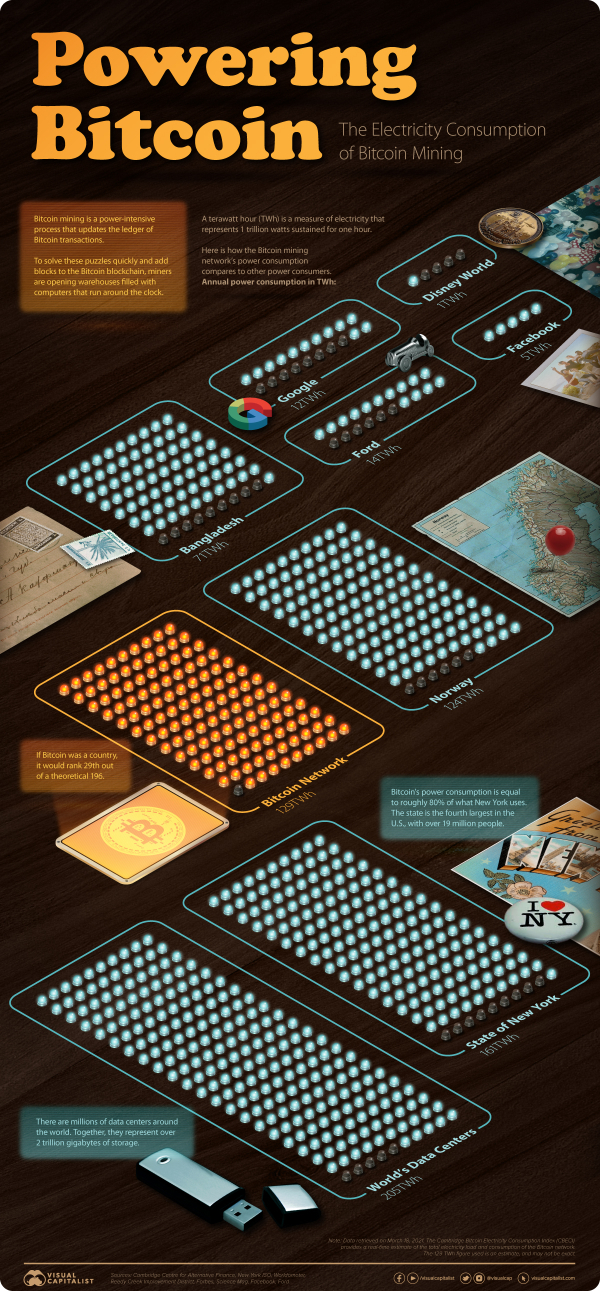In April, I talked about Coinbase's public offering and the top 10 growing cryptocurrencies.
In the past couple of weeks, many currencies have reached record highs, and then seen a steep drop-off. Some say it was due to Elon Musk's SNL appearance, others say it was due to Tesla stopping support of Bitcoin short term. Still others say it was just due.
In any case, there are growing reasons to be wary of Bitcoin as a viable long-term value store.
On top of the many reasons I've talked about in previous articles, I'm hearing many more people talk about it as if they are crypto experts. Consequently, it reminds me of the Dot.com bubble. Sure, the Internet continues to boom (but many of the early high-fliers don't exist today). Meanwhile, it's possible crypto will evolve like the Internet, but at this point, it's hard to discern how much of the success in crypto is luck versus skill.
There is a ton of demand and interest. But fear of missing out and enjoying the roller-coaster ride is not the basis of a long-standing Platform. Blockchain is a different story.
Back to Crypto … Even a blind squirrel finds a nut in a forest during a bull market.
Governments have a disincentive to allow alternate currencies (not backed by their government). In addition, another obstacle for cryptocurrency mining is the high cost of energy consumption.
 via visualcapitalist
via visualcapitalist
Mining crypto takes a lot of electricity because when people are creating new coins they're really solving complex math puzzles with a 64-digit hexadecimal solution known as a hash. To solve those equations faster than your competitors you need massive data centers which can even overload local infrastructure.
It's increasingly expensive and energy-taxing to mine new coins. For context, it's estimated that the current annual power consumption for Bitcoin alone (not including other cryptocurrencies) rivaled the state of New York, and beat Norway.
To compare it to the tech giants, Bitcoin took 129 terawatt-hours of power consumption … Google took 12, and Facebook only took 5.
Many are looking for ways to decrease the energy consumption of mining cryptocurrency using methods like renewable resources.

Leave a Reply